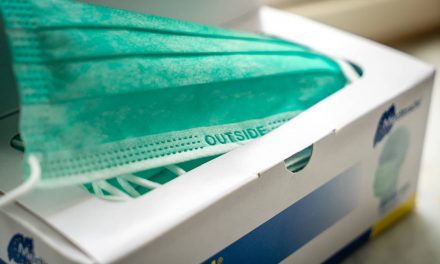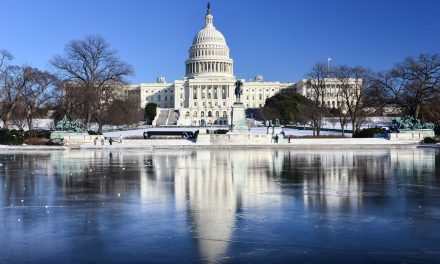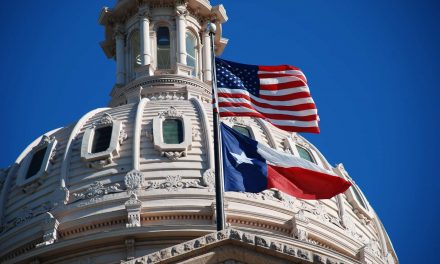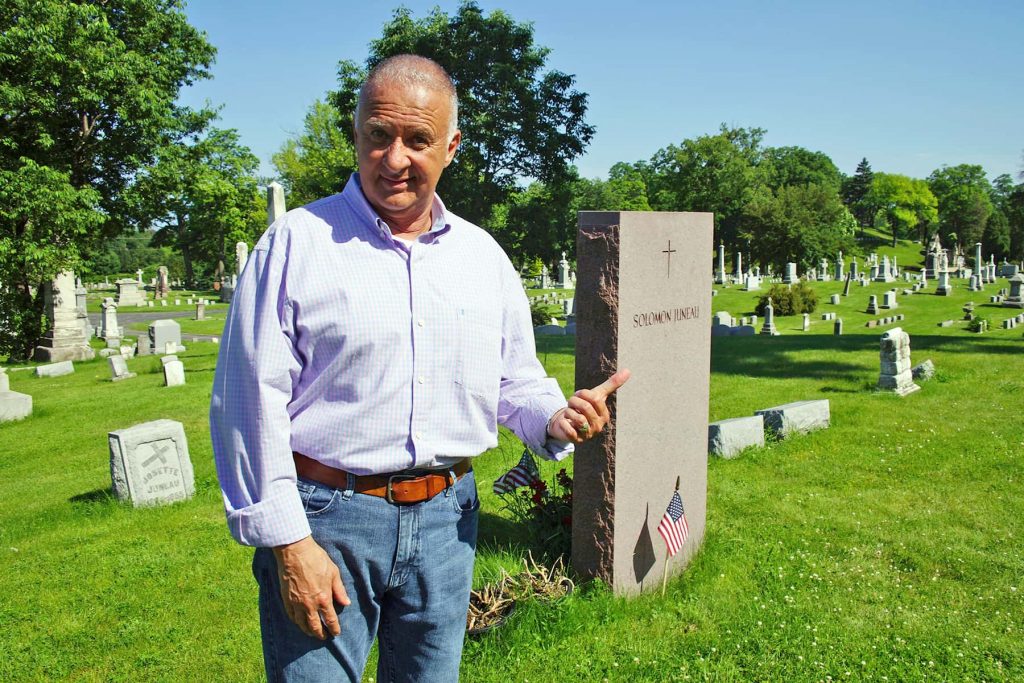
Over the next two years, Wisconsin is on track to hand out enormous amounts of public money in the form of tax breaks and cash subsidies to corporations and wealthy businesses owners. The potential diversion of more than a billion dollars in public revenue will make it harder for lawmakers to put together a budget that makes necessary investments in healthy and well-educated communities, public infrastructure, and working families.
For Wisconsin’s economy to work for everyone, our state needs to invest in healthy and well-educated workers and communities, public infrastructure, and working families. Our state must also help eradicate systemic barriers to shared prosperity by investing in its communities of color.
We use public revenue to make those critical investments in our families, communities, and our economy. But in recent years, state lawmakers have passed a collection of tax breaks that funnel money to big corporations and well-connected individuals who have rigged the tax system for their own benefit.
Those special tax breaks come with a huge price tag of up to $1.1 billion over the upcoming budget period. Handouts to corporations and big businesses in the next two-year budget include:
An estimated $590 million loophole over two years that allows manufactures and some other businesses to pay nothing or next to nothing in the way of income taxes. Businesses do not have to create any jobs to receive the credit and can claim the Manufacturing Credit even if they are laying off workers or shipping jobs overseas. This loophole is so slanted in favor of the highest earners that most of the value of the credit goes to multi-millionaires.
Up to $469 million to Foxconn over the next two years. It is hard to know what to make of the rapid-fire and contradictory news reports that Foxconn is downsizing its facility, abandoning the project altogether, or making no major changes to its plans to hire 13,000 workers.
But one thing we do know is that there have been no changes to the contract that governs the subsidies that the state must pay to Foxconn – subsidies that take the form of checks sent to Foxconn, rather than a reduction in the company’s income taxes. As a manufacturer, Foxconn is already mostly exempt from paying income taxes in Wisconsin, so these subsidies are in addition to the loophole that gives manufacturers an advantage over similarly-situated businesses.
Foxconn missed its initial hiring targets by a wide margin, blocking it from claiming job-related credits for 2018. But starting in 2019, the amount of the subsidy Foxconn can receive is linked to the amount of money that Foxconn spends on buildings and equipment as well as to worker payroll. Even if Foxconn hires only a fraction of the workers specified in the contract, it can still potentially receive the full amount of the planned subsidy for capital investment if the Wisconsin Economic Development Corporation certifies that Foxconn is in compliance with the contract.
Up to $31 million for Marinette Marine in the form of bonding. Governor Evers announced that his budget proposal will include a subsidy to the shipbuilder to help compete for a federal shipbuilding contract and hire 400 new workers.
Up to $13 million to Kimberly-Clark over the next two years, to subsidize the operations of a profitable plant in Neenah and retain about 400 jobs.
Public resources should be invested in a way that broadly benefits everyone in Wisconsin, not diverted to benefit big business and multi-millionaires. The mounting price tag for corporate subsidies and special tax breaks deprive Wisconsin of the revenue needed to make investments in families, schools, and workers.
Rethinking Wisconsin’s flawed approach to economic development would restore millions to invest in crucial priorities for our communities and expand opportunity in a way that promotes racial equity.
Tamarine Cornelius
Originally published on wisconsinbudgetproject.org
Help support the Wisconsin Budget Project with a donation. The organization is engaged in analysis and education on state budget and tax issues, particularly those relating to low-income families. It seeks to broaden the debate on budget and tax policy through public education and by encouraging civic engagement on these issues.













